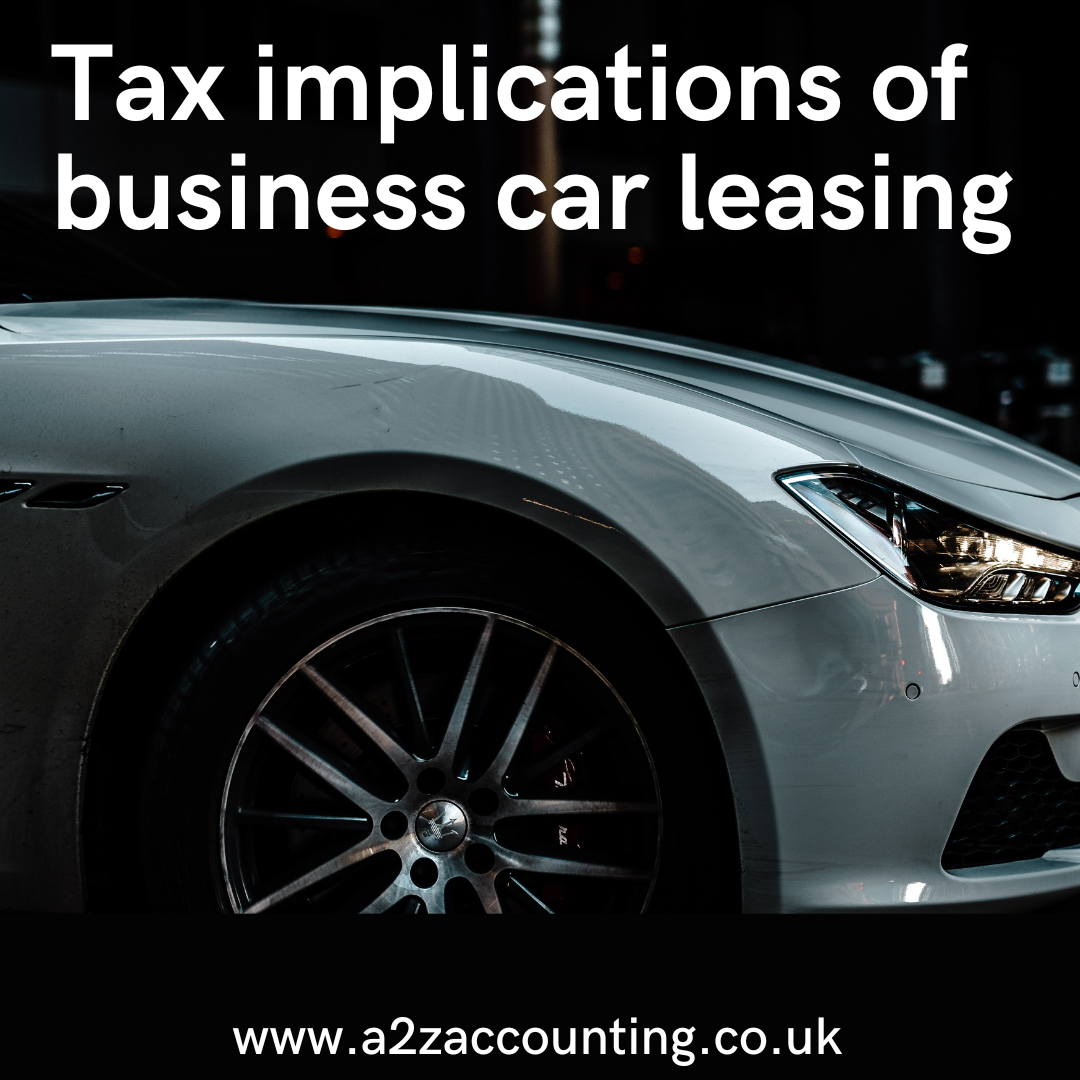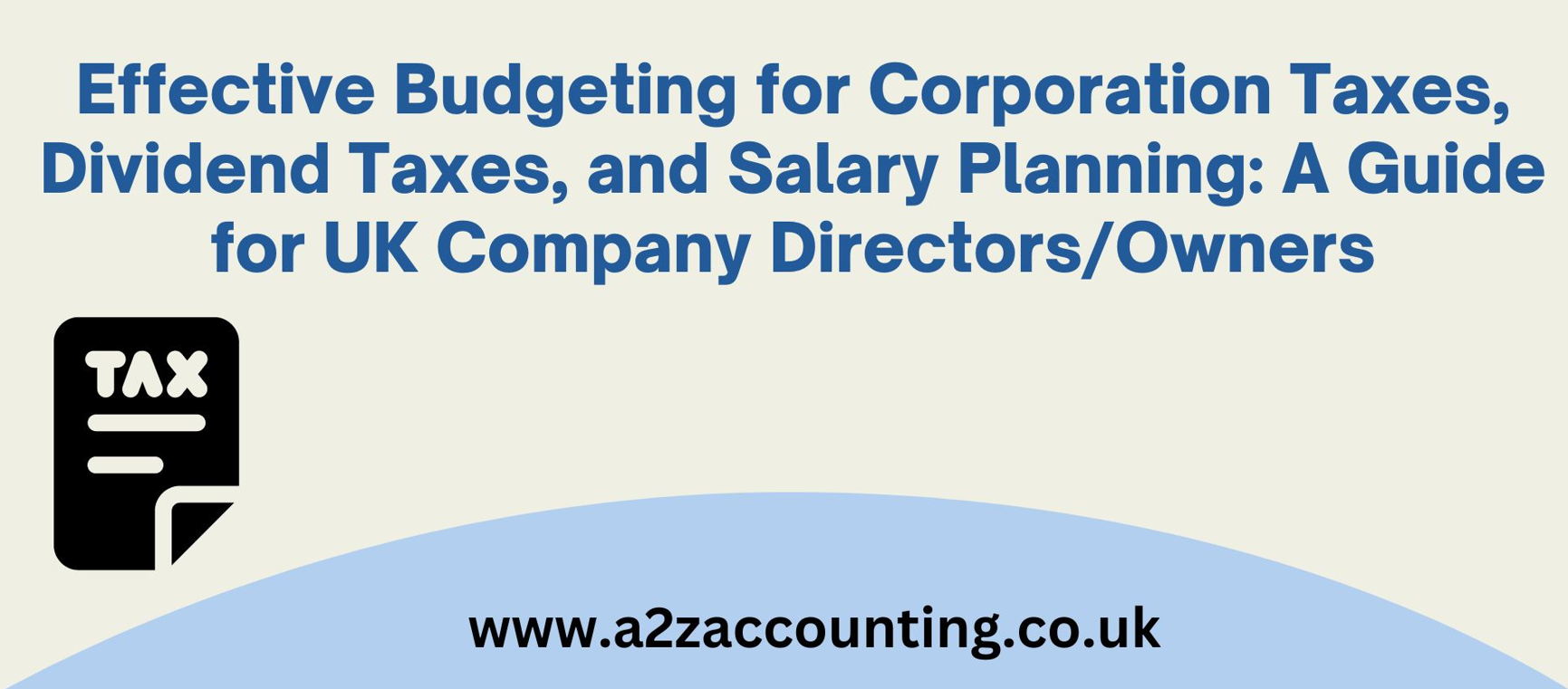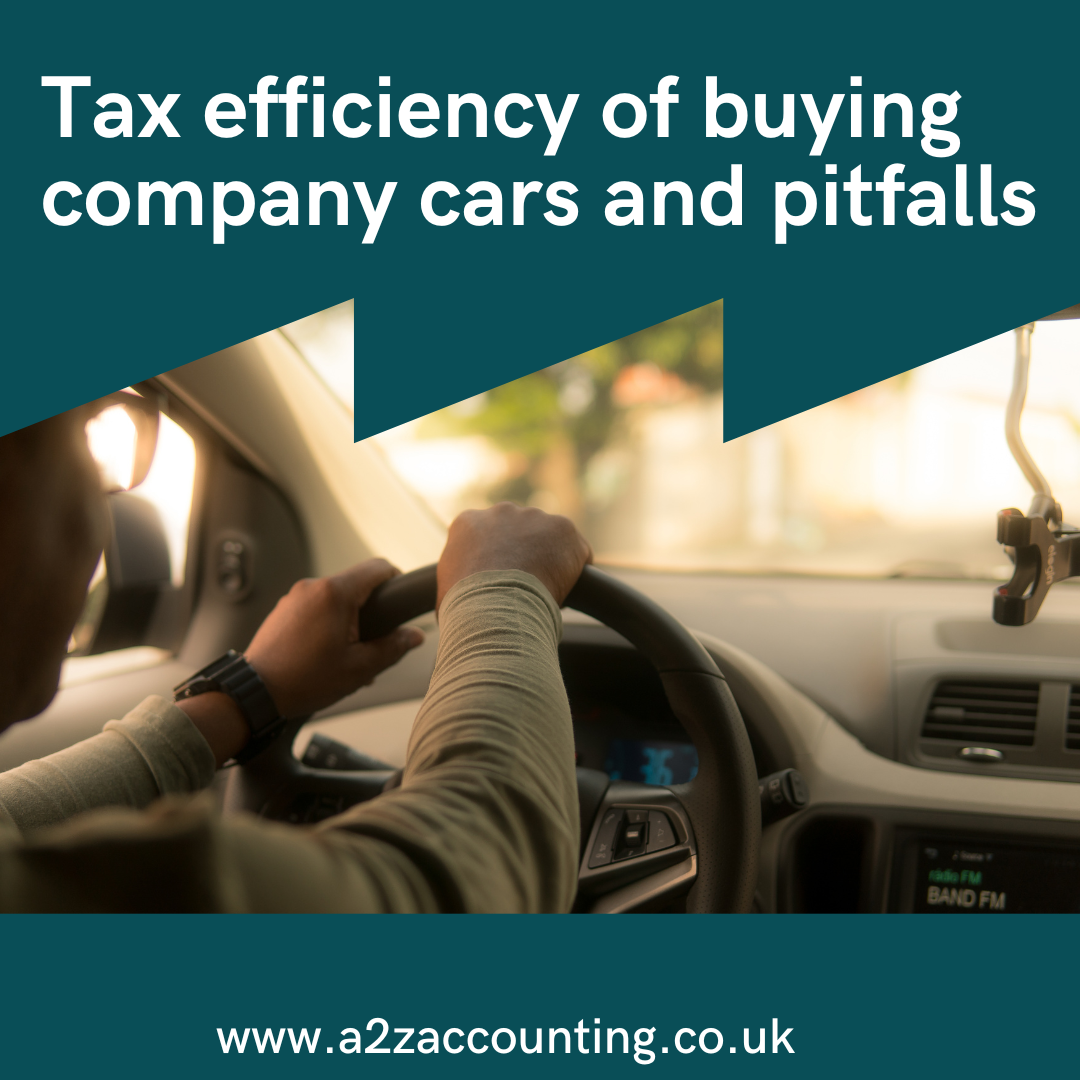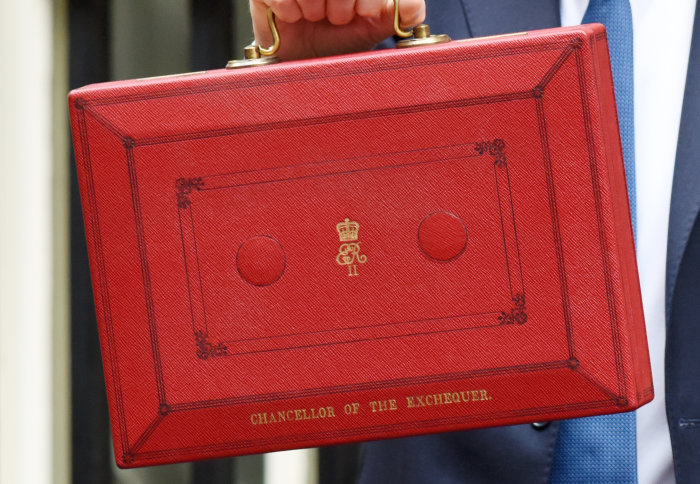Leasing company cars is gaining more popularity nowadays, especially due to its positive tax implication. Businesses generally have two options, they can either buy the business car or they can take it on lease. In order to make a well-informed decision, the benefits and drawbacks of both these options should be taken into consideration and also consider which option will be the most beneficial in the long run.
Car leasing is a tax-deductible expense, generally the entire lease rental amount can be claimed as an expense in order to reduce the taxable profit and therefore the corporation tax liability. The proportion of deductible lease rental depends mainly on the CO2 emission of the car leased.
If the CO2 emission of the leased car is below 110g/km, the leasing payments are fully deductible. However, if the CO2 emissions exceed 110g/km, there is a 15% disallowance on the rental that can be claimed against business profits. This means that only 85% of the lease rental expense can be claimed in calculation of taxable profits.
The only downside of business car leasing instead of buying the car is, no claim for capital allowance. Capital allowance can only be claimed by the owner of the car, i.e., the lessor, not lessee.
VAT implication of Business car leasing
VAT on business car is claimable only if the car in contract hire is used wholly and exclusively for business purpose. There are generally two elements to hire rentals, finance element and maintenance element. Generally, the car is for both business and private purpose. In this case, only 50% of the VAT on the finance element can be reclaimed. However, if the car is exclusively for business purpose, in this case 100% of the VAT on finance element can be reclaimed.
In case maintenance is also provided for the car, business can re-claim 100% of the VAT on maintenance element, provided that, the maintenance element can be clearly identified.
Leasing car through limited company
Leasing car through limited company helps in reducing overall corporation tax liability and also enables claiming input VAT.
There is one downside of leasing car through limited company. If the business car is also used privately by the director, it will give rise to additional taxable benefit and increase the income tax liability for the director.
The taxable benefit arising due to personal use of company car can go up to 37% of the car’s value, depending upon the CO2 emissions from the car. The value of car for this purpose is its list price less any contribution made by the director for purchase of this car (up to maximum of £5,000).
It will also give rise to additional Class 1A NIC employer’s contribution liability for the company.
However, in case where the car used privately is a fully electric car with Zero CO2 emissions, it won’t give rise to any chargeable benefit, or additional NIC contribution.












